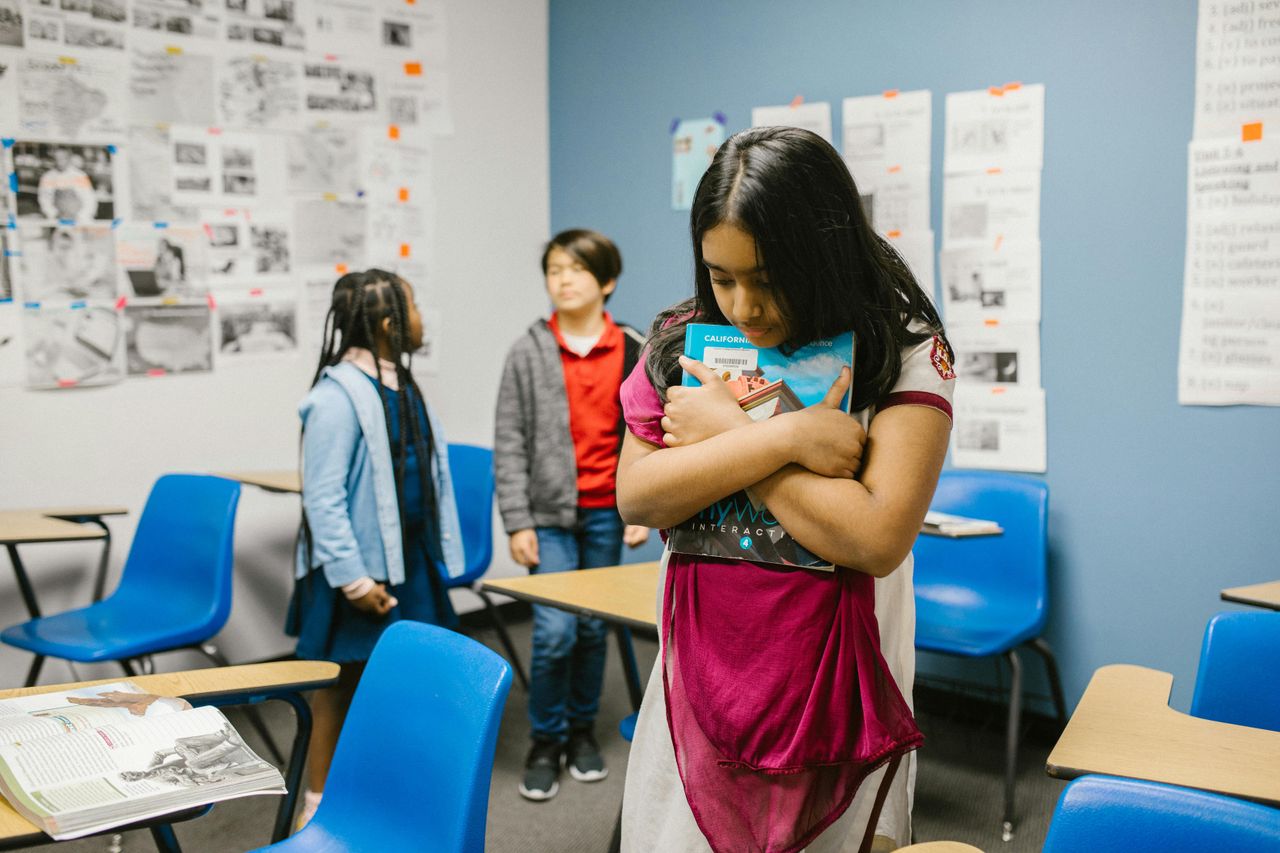Last week, we stumbled upon an RSA Animate video adapted from Dan Pink's talk on motivation. In the talk, Dan exposes a scientific truth about motivation that is not widely discussed. Namely, that traditional incentives do not work when cognitive function is required. Dan concedes that for straightforward tasks, material rewards and incentives have the desired effect of increasing motivation. However, he points out, when the task at hand requires creative problem solving, incentives actually decrease motivation and result in poorer outcomes.
Dan focuses on the implications of this finding for businesses: how to motivate employees and keep them happy. Our thoughts turned to education. Nothing requires more cognitive, creative function than learning, and if traditional incentives are ineffective, it's critical that we, as educators, find out what is.
According to the Dan's explanation, the three cornerstones of increasing both satisfaction and performance in employees are: autonomy, mastery, and purpose. Why these three things? Because when someone feels self-motivated, competent, and focused, they are happier and more likely to be productive. When we apply this model to students, the similarities can't be ignored. So the question becomes, how do we give students a sense of ownership over their educational outcomes?
At Tutorpedia, we often recall the four R's of modern education: education should be real, relevant, rigorous, and built on relationships. If these pillars are in place, Dan Pink's trifecta of motivation should follow. So how does that look for an educator, a teacher or a tutor? The truth is that thinking this way requires a significant shift. We can no longer assume that the good grade alone will be enough to truly motivate a student to learn. Instead, it is now our job to help the student become his or her own biggest educational advocate; to give them autonomy in their academic pursuits. Rather than pouring content into students' brains, we have to step back and figure out how to instill a lifelong love of learning in a student.
In a teacher-student relationship, autonomy does not mean complete independence. It means collaboration. When an educator is able to empower a student both to understand the relevance of the material and to challenge themselves to master it, the improvement itself will be enough to motivate the student to push forward. Mastery in this context means embracing and believing in the ability to improve.
Increasingly, Dan notes, both people and organizations want their actions to be informed by a purpose. There is no formula to this, but we believe that if we can help students realize their purpose; what it means to them to be a part of the world, perhaps we can help support healthy learning and, as Dan says, "get past the ideology of carrots and sticks." It might not be easy, but it will certainly be worthwhile.
Check out the video and share your thoughts:







No comments:
Post a Comment